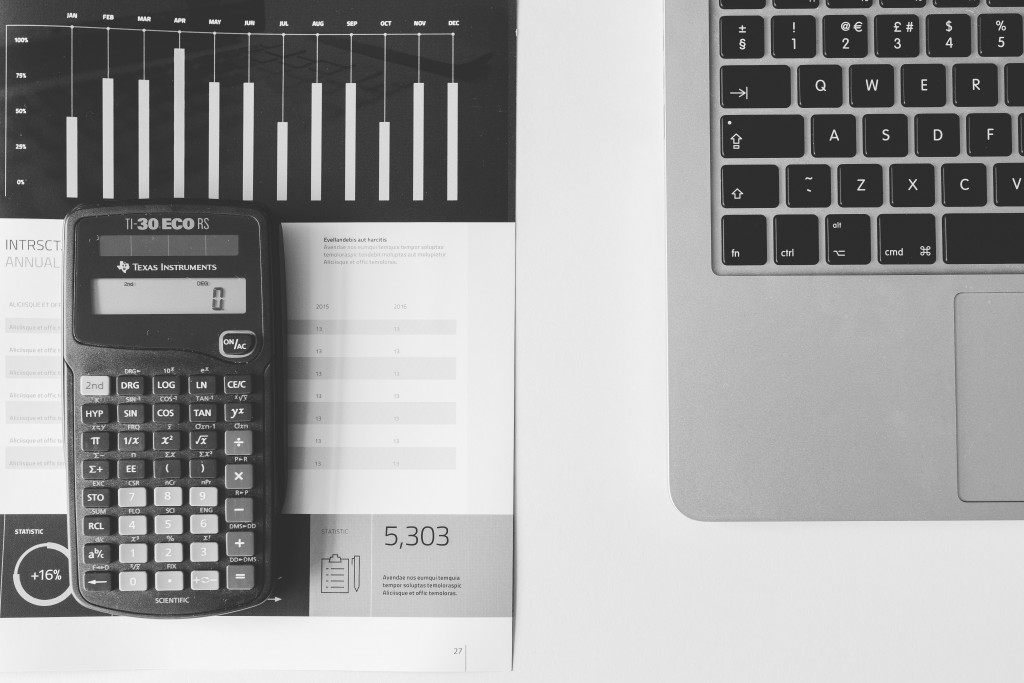Making financial mistakes can be disastrous, but they don’t have to happen. There’s no two ways about it, managing finances is difficult. You’ve got to juggle mathematics, record keeping, tax returns, cost of supplies and cash flows, all while managing the daily operation of your business. This is such a complex undertaking that it can feel like mistakes are inevitable.
With so many things going, minor or even major errors can slip through the cracks, leading to serious situations. Filling in a tax return incorrectly, even by accident, can lead to legal action for fraud and financial penalties. Improper managing of finances can also result in an inaccurate picture of budgetary health, which has the potential to cause untold misery.
Mixing Business and Personal Accounts
Using a single account for personal and business use is a common mistake made by many small business owners. It can be tempting to put money earned directly into a current account but this makes it difficult for the taxman to differentiate between personal and professional income and expenditure. This can not only lead to confusion, but could even trigger an audit should the taxman see something in your income stream that cannot easily be explained.
If you set up a separate business account then you can get a clear picture of your cash flow and the taxman can easily identify what your earnings and deductibles are.
Not Retaining Receipts, Invoices and Statements
In the current age of technology, it may come as a surprise to some that a paper-trail is still as valuable as it ever was. Just because you have records of your financial activities saved onto a hard-drive doesn’t mean that you should simply shred any financial documents that come your way.
The mistake made by business owners here is to record invoices, purchases or payments into their financial records and then destroy the evidence. While this may sound sinister, the simple act of deleting an email containing an invoice or throwing away a paper receipt is doing exactly that, destroying the evidence. This is because if mistakes are made, as they so often are, then you can go back and check your computerised records against your paper ones, and see where the error has occurred. On the subject of discrepancies, if the IRS were to audit your finances and ask for evidence of payments, claimed expenses and proof of income, then throwing away these old documents could be classed as ‘destruction of evidence’ which comes with a whole range of legal problems.
To put it simply then, save everything. Store them online, in a physical folder and on your computer, just in the unlikely, but possible eventuality you will need them in the future — in general financial documents should be kept for seven years, but longer is not uncommon. It may seem like a lot of hassle, but it’s a hassle that you’ll be thankful of in the event of an audit.
Failing To Record Small Income
Personally and professionally, a small payment of $50 for a job isn’t going to impact your life, and many small business owners make the mistake of failing to record it in their books or tax returns. The problem arises when tax season rolls around, as if your finances are audited and the IRS discovers that you have had extra bits of undeclared income, you’ll be in serious trouble. This is seen as dishonesty on your part, which will incur, at the very best, heavy fines.
It is, of course, very tempting to just pocket a bit of cash, but the damage it will do if the taxman discovers this is simply too great a risk to make it worthwhile. Do the honest thing, declare it, and you’ll be glad you did.
Mismanagement Of The Books
“The books” may not actually refer to a book at all, but essentially refers to whatever you use to record the financial transactions of your business. It may be an actually book, it may be a document or a spreadsheet, it doesn’t matter, the important thing is that it exists. From your books, you can monitor financial performance and ensure budgets are met or notice if targets are missed.
If you don’t maintain a regularly updated record, then they can no longer be an effective way of monitoring your financial situation. It important to regularly update your books, on a daily or weekly basis, to ensure full control your business’s financial situation. Failure to do so is one of the worst accounting mistakes you could ever make for your business.
Find a Home-Based Business to Start-Up >>> Hundreds of Business Listings.
















































